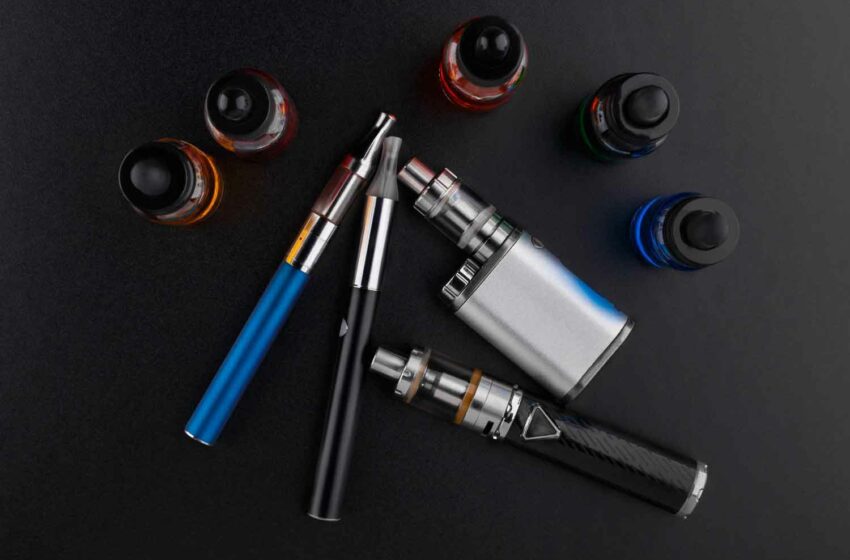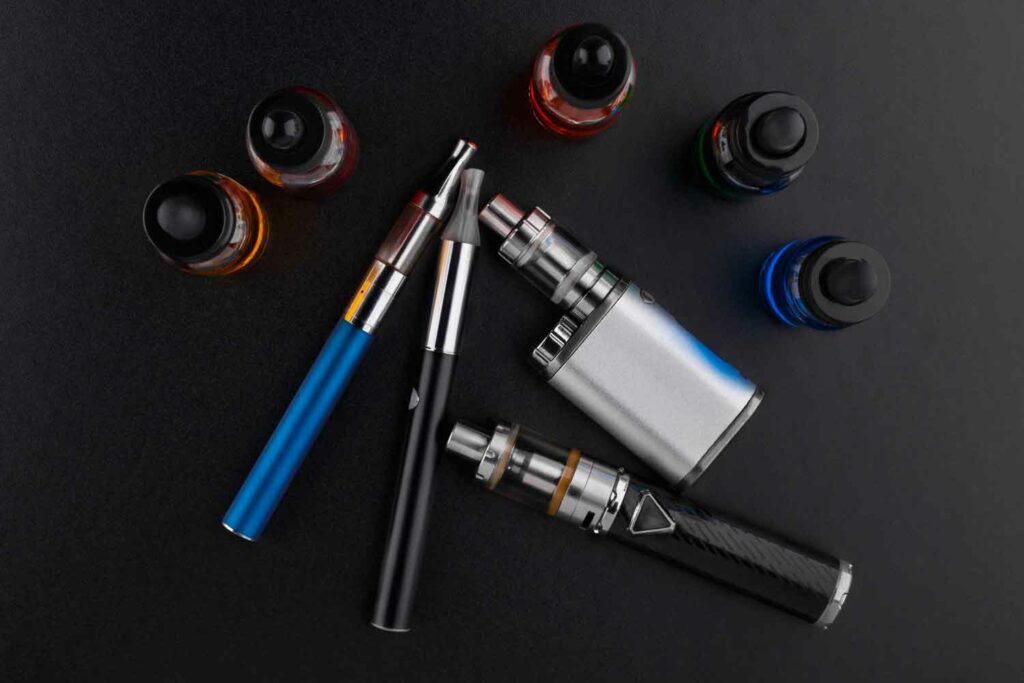The FDA is preparing to propose a rule to cap nicotine levels in cigarettes and certain other tobacco products to make them minimally or non-addictive. This effort aligns with the Biden administration’s broader public health goals to significantly reduce smoking rates, particularly among youth, and to curb tobacco-related illnesses and deaths. Tobacco use remains the leading cause of preventable death in the U.S., accounting for approximately 480,000 deaths annually.
The proposed rule, part of the FDA’s comprehensive tobacco control strategy, is expected to face strong opposition from the tobacco industry and some policymakers. Critics argue that the move could unintentionally boost the black market for cigarettes and may not address existing addiction among smokers. Proponents, however, emphasize the measure’s potential to save millions of lives and reduce healthcare costs in the long term.
This regulation, if implemented, would mark a historic step in tobacco control, as no other country has yet enforced nicotine limits in cigarettes to this degree. The FDA has been exploring such measures since 2009 when Congress gave it authority to regulate tobacco products under the Family Smoking Prevention and Tobacco Control Act. While the proposal is still in its early stages, public health advocates view it as a critical milestone in reducing the public health burden of smoking.












